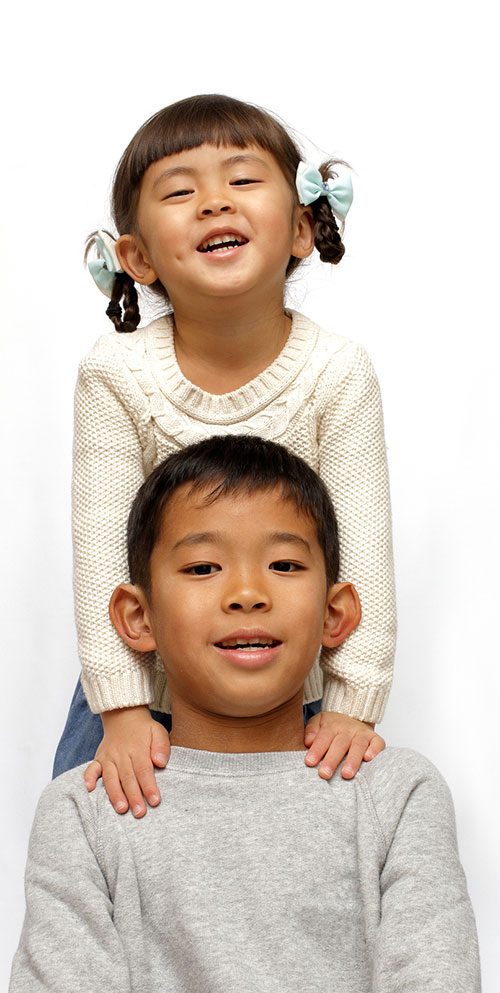A child's communication skills are an integral part of their development and there are many aspects to a child's communication abilities.
Receptive language refers to the ability to understand spoken words. Expressive language refers to the use of words and grammatical forms. Speech or articulation is the ability to use age-appropriate sounds and is often measured by a child's speech clarity or intelligibility. Monitoring a child's speech and language skills is very important as spoken language abilities, phonological (sound) awareness, and letter identification abilities in the preschool years are the best predictors of later reading ability as well as academic success.
The following represents the typical stages of development:

At 36 months of age, your child should:
- understand quantity concepts (one, some, and all)
- understand a variety of pronouns (me, my, you, your, her, and his)
- understand negatives in sentences ("show me the one that is not blue")
- produce four- to five-word phrases
- tell how objects are used
- use quantity words
- use possessives (mommy's, daddy's)
- use the following sounds in words: /p/, /b/, /m/, /t/, /d/, /n/, /h/, /w/, /k/, and /g/
- speak with at least 90% clarity to all listeners
At 42 months of age, your child should:
- identify at least five colors
- identify categories of objects (fruits, colors, toys)
- understand quantity concepts such as more and most
- answer questions regarding daily situations logically ("what would you do if you were hungry?")
- complete opposites
At 48 months of age, your child should:
- understand lengthy phrases
- understand numerous descriptive concepts (short, tall, heavy)
- follow directions involving spatial concepts (under, next to, and behind)
- answer "where" questions
- complete analogies
- name objects given a few descriptors
- add the following sounds to speech inventory: /l/, /f/, and /v/
At 54 months of age, your child should:
- understand noun modifier (-er ending, skater)
- understand time concepts involving night and day
- understand phrases with a noun and two modifying adjectives ("point to the big, white ball")
- understand qualitative concepts (longest, pointed nose)
- answer "why" questions by giving a reason
- name categories an object belongs to
- repeat sentences of up to eight words in length
- add the following sounds to speech inventory: /l/ blends ex: fly and /sh/
At 60 months of age, your child should:
- identify the object that doesn't belong in a field of four objects
- understand quantity concepts involving numbers 1 thru 5
- indicate body parts such as elbow, wrist, and forehead
- formulate questions using appropriate grammar
- tell how objects are similar
- name objects given a category
- add the following sounds to speech inventory: /s/, /z/, and /s/ blends ex: stop
- /r/ and /th/ are usually mastered between 5½ - 6½ years of age
